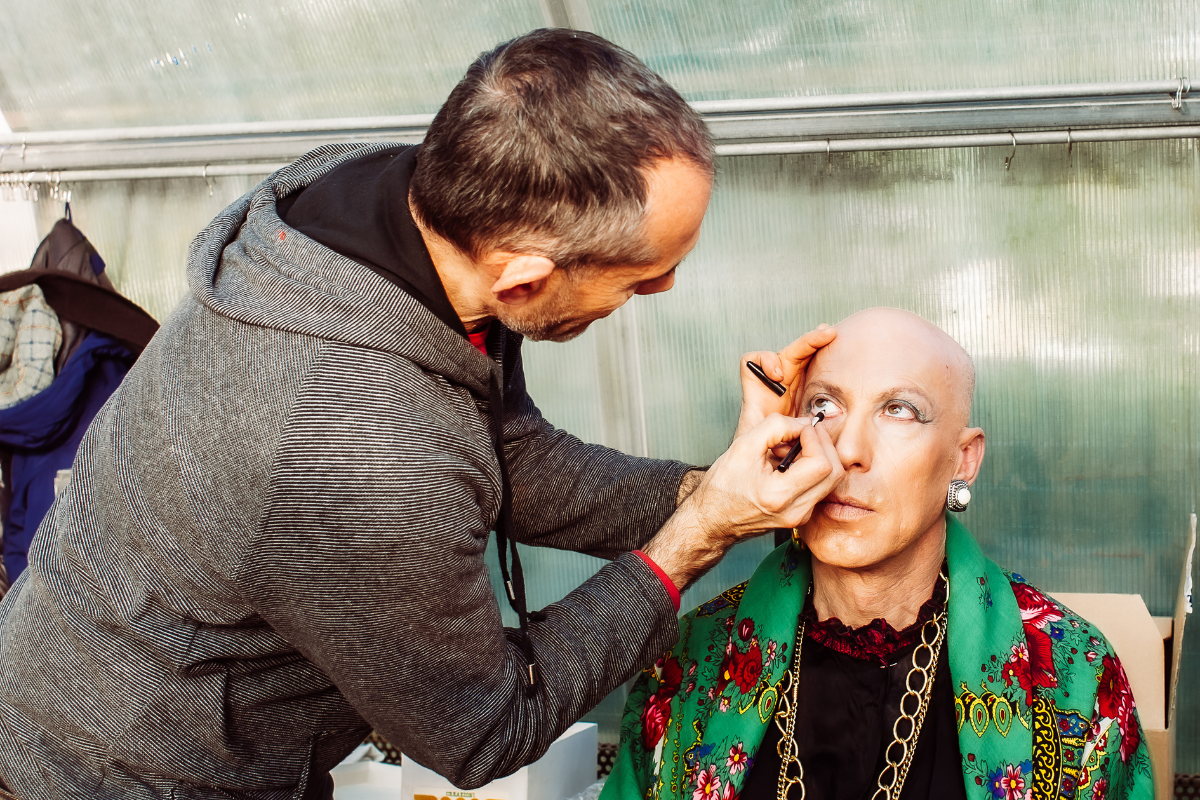THE ZINGANA
Ritual farce
2nd March 2025
Comunità di base delle Piagge, Centro Sociale “Il Pozzo”, Piazza Ilaria Alpi e Miran Hrovatin, 2
Firenze (IT)
The ZINGARA or ZINGANA is a ritual and itinerant theatrical farce in which specific forms and characters of the Commedia dell’Arte are also found. Transmitted orally in the Valdisieve and the Valdarno Superiore (provinces of Florence and Arezzo), it was performed until the 1960s in our countryside by groups of sharecroppers in San Piero a Strada, Masseto, Le Sieci, Doccia, Galiga, Santa Brigida, Altomena, Torri, Sarnese and Bombone. Linked to the end of Carnival, it is a genre characterised by a wedding to propitiate the end of Winter. The reference text is a composition in rhyming verse called ZINGARESCO: stanzas made up of three lines of seven syllables, with the two central lines rhyming, plus a final line, either four or five syllables long, which rhymes with the first line of the following stanza. All the characters recite the text except the gypsy, called Mora, who sings it. The origins of this tradition are lost in the mists of time, although we know that it spread considerably almost coinciding with the publication of anti-gypsy edicts following the arrival of the first caravans of gypsies in Italy (attested by written sources in 1422).
This particular theatrical genre and rite, perhaps born in Tuscany towards the end of the 15th century, probably overlapped with other pre-existing forms and until the 18th century it was very popular in much of Italy at the time. Currently, it survives exclusively in memory or in practice in the Lucca region and in the area between Valdisieve and Valdarno di Sopra, where it shares many characteristics with the Befanata, another ritual form of begging that takes place on the eve of Epiphany. The text performed in this replica comes from the group of S. Piero a Strada, municipality of Pontassieve (Florence), one of the last active groups in the region until the 1960s, but the same model was adopted by other groups from neighbouring localities: Masseto, Santa Brigida, Galiga. Here the tradition never ‘descended’ from the hills to the villages in the valley; in fact, there are stories of crowds of people on foot climbing up to the venues of the performances, most often in the farmyards or in the clearings outside and sometimes in the large kitchens of the country houses or in large rooms reserved for this purpose in various farmhouses.
The group La Leggera revived the tradition in 2014 and since then, every year at Carnival in a different location, they perform the ZINGANA, the original ‘ZINGANA’ composed by the Florentine poet Giovan Battista Fagiuoli, who published it in 1736 as the conclusion to the last volume of his Complete Comedies.
Photographs by the poet and photographer, Marco Betti.
